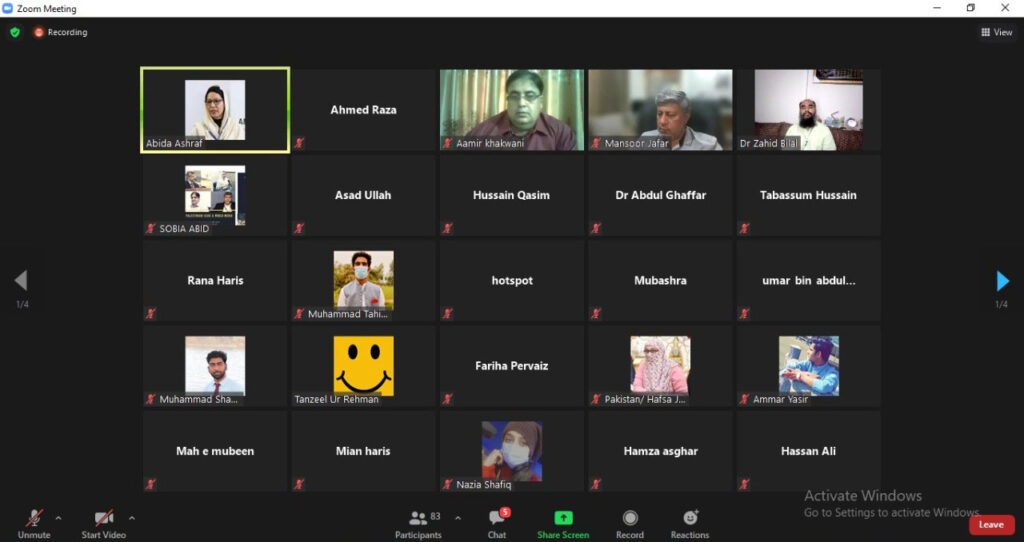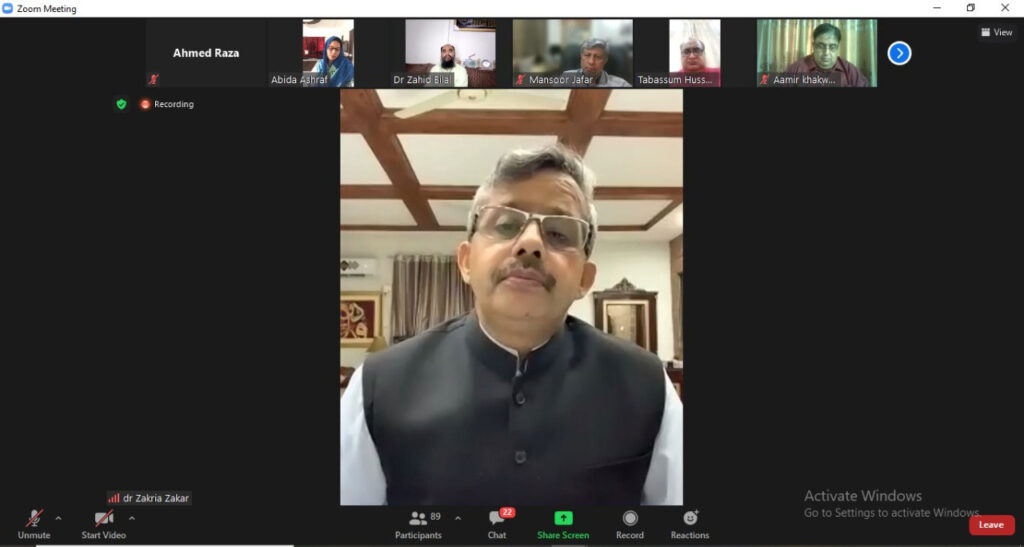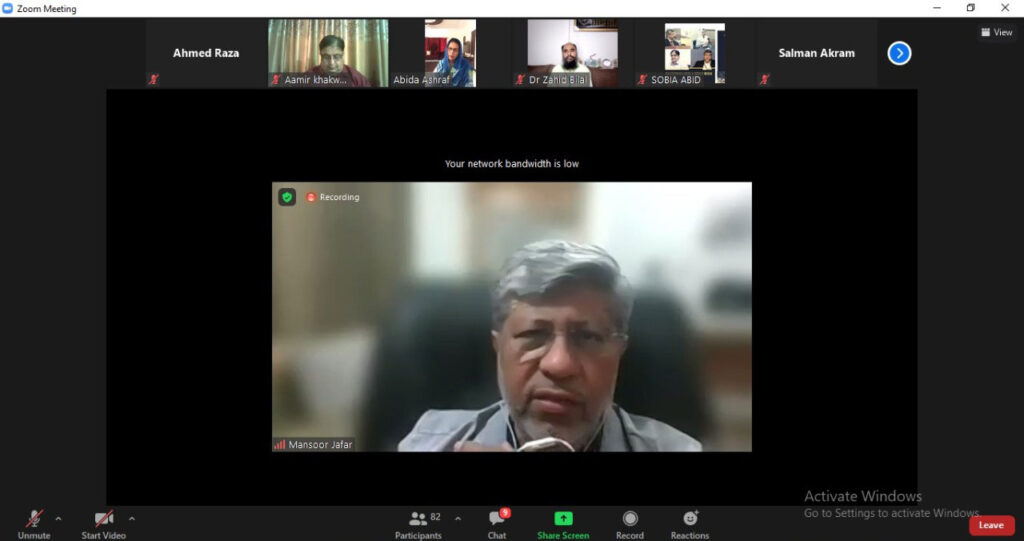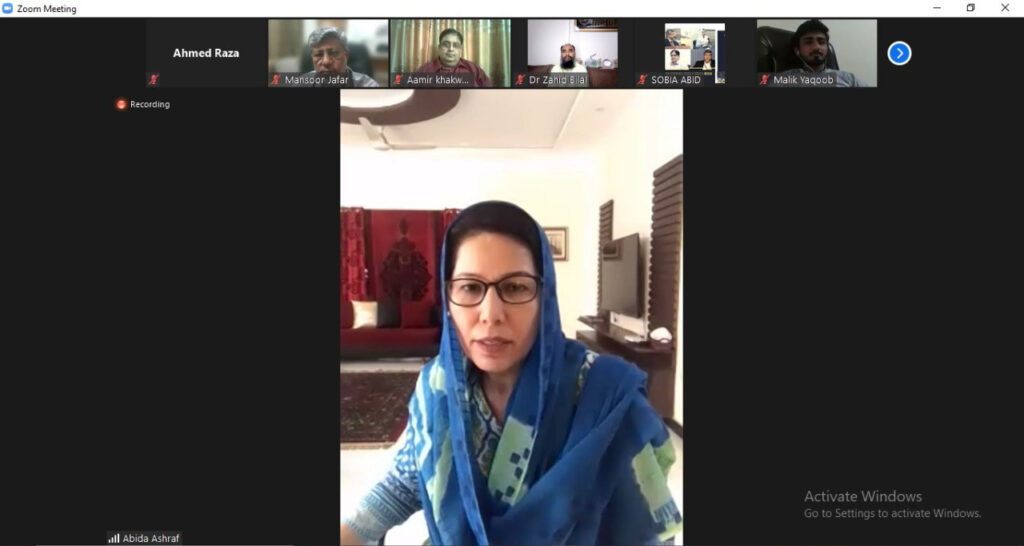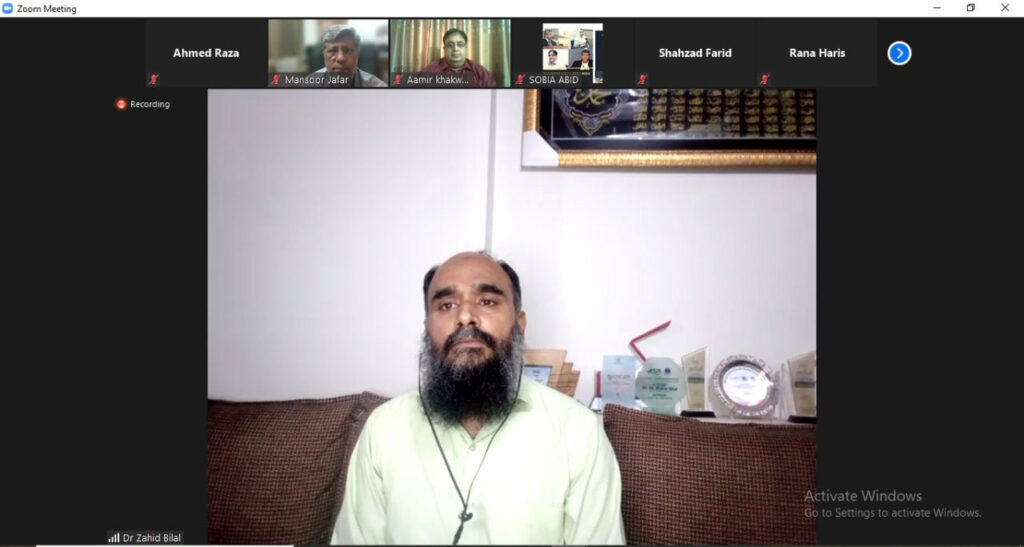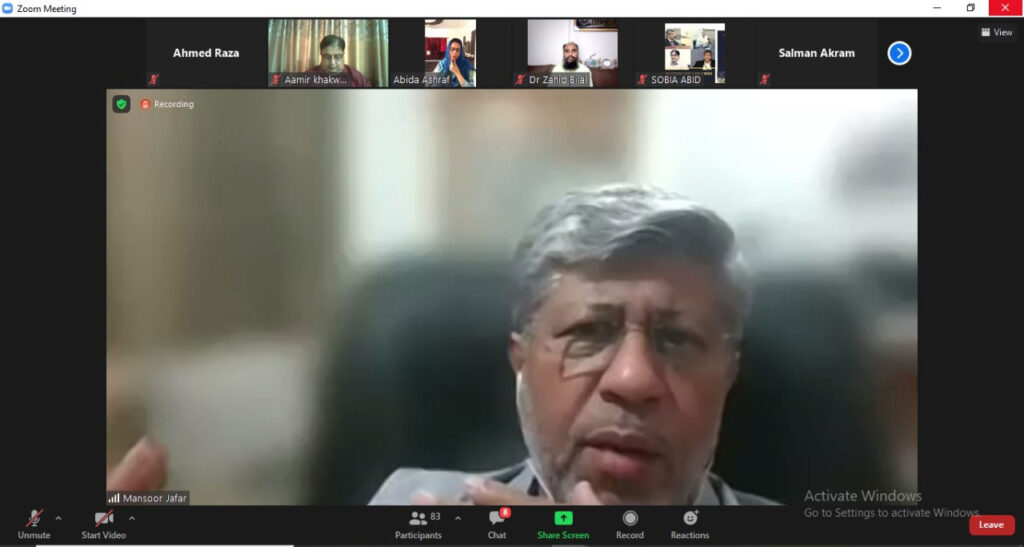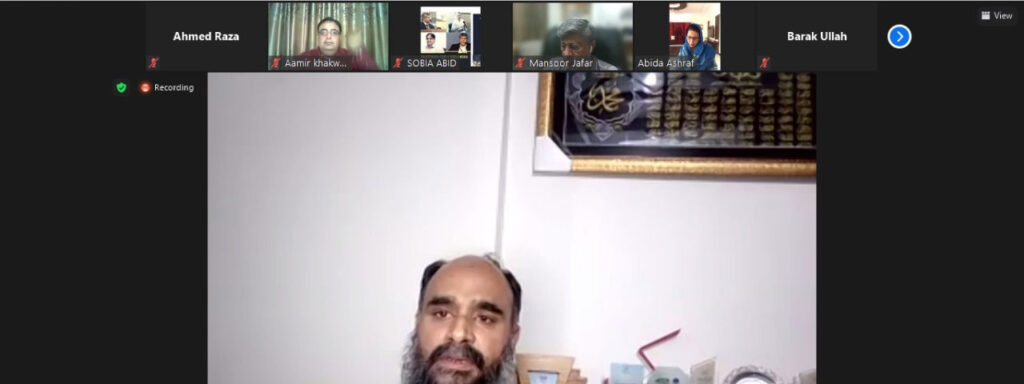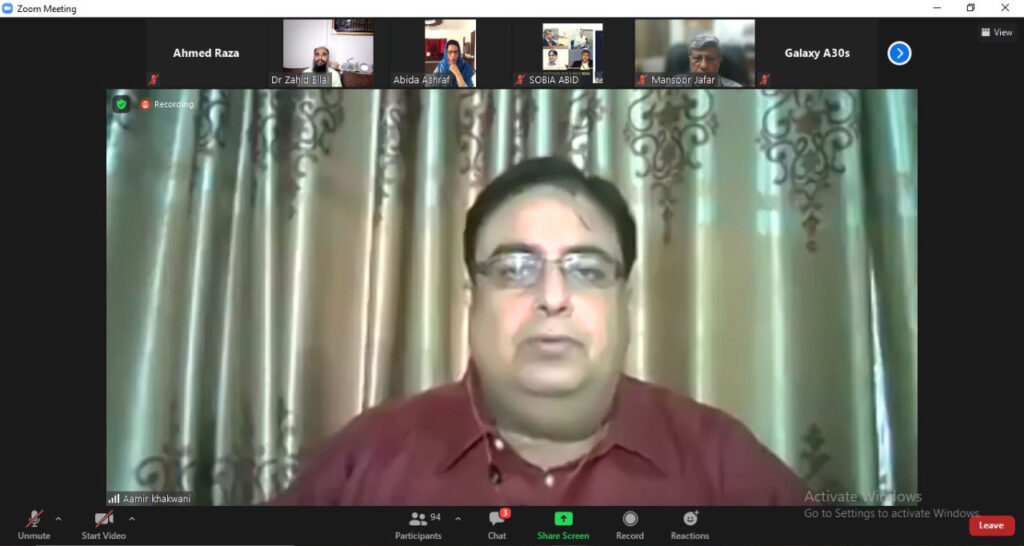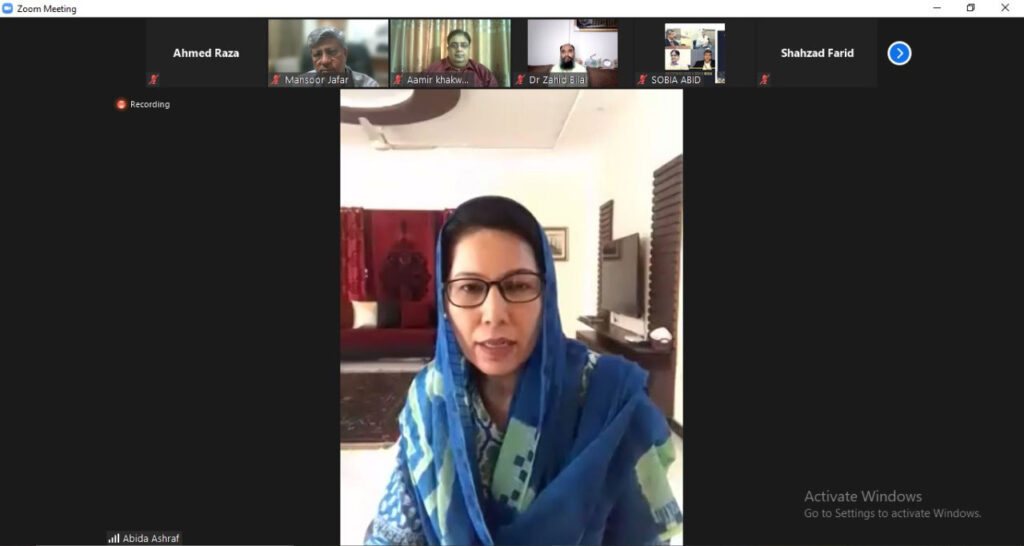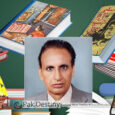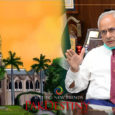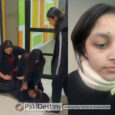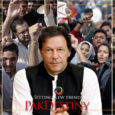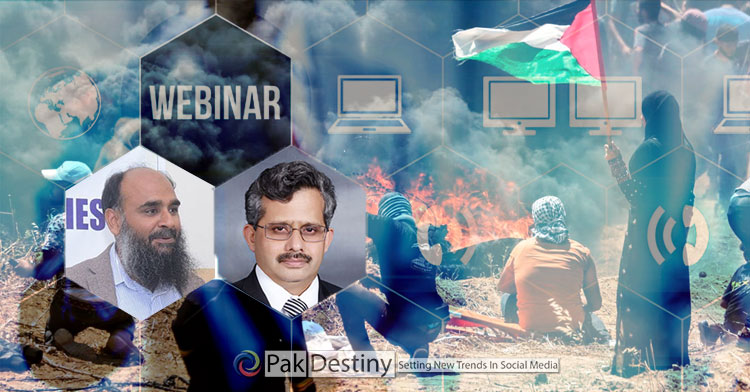
TIME has come to take joint efforts by Muslim Ummah to settle down the ‘Palestine-Israel Conflict’ once for all and the media should play it’s due role in this regard.
This was stated by the University of Okara Vice Chancellor Prof Dr Muhammad Zakria Zakar while presiding over a webinar on this burning issue here the other day.
The webinar titled ‘Palestinian Issue and World Media,’ was arranged by the University of Okara’s Department of Communication Studies.
VC Zakar was of the view that at global level there is binary discourse on the issue of Palestine as there is no serious approach on how this crisis must be resolved. “Unfortunately all Muslim nations have not invested in the development of global media despite having so much resource, through which a narrative on critical issues like Palestinian can be formulated and disseminated,” he said. Vice Chancellor Zakar has stressed on this point that all Muslim countries must accept that the dynamics of war have changed, and understanding and developing of ‘Soft Power’ in this regard is imperative “Despite having abundant resources, the Muslim world has not taken interest in developing strong media outlets and platform to create their own narratives,” the VC said.
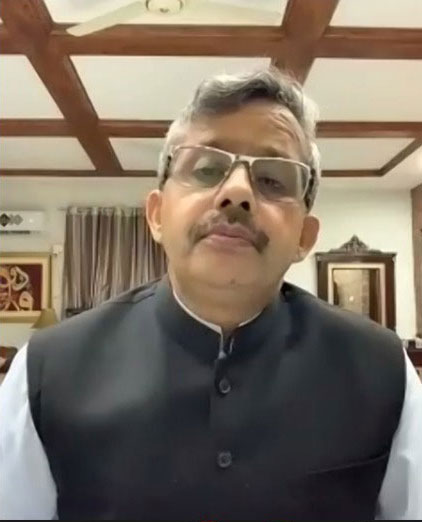
Describing the objectives of the webinar, the In-Charge Department of Communication Studies, Dr Zahid Bilal said such events are an opportunity to understand the alignment and approach of international media in key issues.
Dr. Zahid Bilal further said that it is great opportunity for our students to learn what the Palestine issue is actually about, and the possible strategies through which this crisis can be resolved.
Dr. Bilal also paid special thanks to the Prof Zakria Zakar and other keynote speakers for highlighting the core aspects related to the Palestine issue; and how the international media has covered this crucial subject.
Dr Abida Ashraf, Human Rights Chair at Punjab University, said that whenever it came to report the Palestine issue, the international media depicted the Israelis as victims and ruled over the miseries of the Palestinians.
Journalist Mansoor Jaffar explained in detail the historical perspectives of the issue and told that international media outlets deliberately downplay the atrocities of Israel through the selection of some specific words.
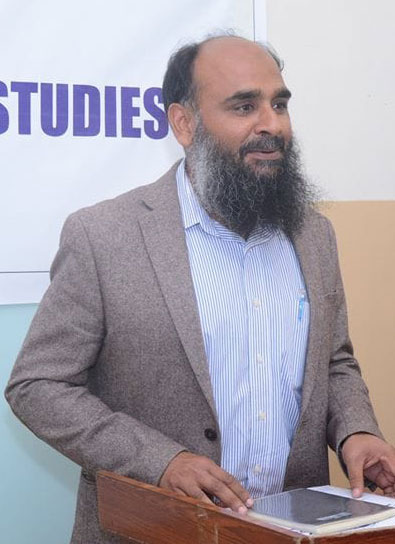
Senior journalist Aamir Hashim maintained that Pakistan’s media should have highlighted the issue in a way that the youth could get proper and better understanding its history and background.
More than 200 participants attended the webinar and shared their thoughts about how media could be used to curb the Israel’s unauthorized occupation of Gaza.
The ceasefire between Israel and Palestinian fighters in Gaza was holding on Saturday, as humanitarian aid began to enter the Israeli-blockaded enclave ravaged by 11 days of aerial bombardment by the Israeli military.
As thousands of displaced Palestinians returned to their homes, international focus turned to the reconstruction of the Gaza Strip, shattered by Israeli air strikes.
Israeli air strikes have killed 248 people including 66 children since May 10, and wounded 1,948 others, the health ministry has said. Fighters are also among those killed.
Large areas have been flattened and some 120,000 people have been displaced, according to Hamas, the group that rules Gaza.
The Israeli army said Gaza fighters fired more than 4,300 rockets towards Israel, of which 90 per cent were intercepted by its air defences.
The rockets claimed 12 lives in Israel, including one child, a teenager and an Israeli soldier, with one Indian and two Thai nationals among those killed, Israeli authorities say.
Some 357 people in Israel were wounded. — By Zulqernain

